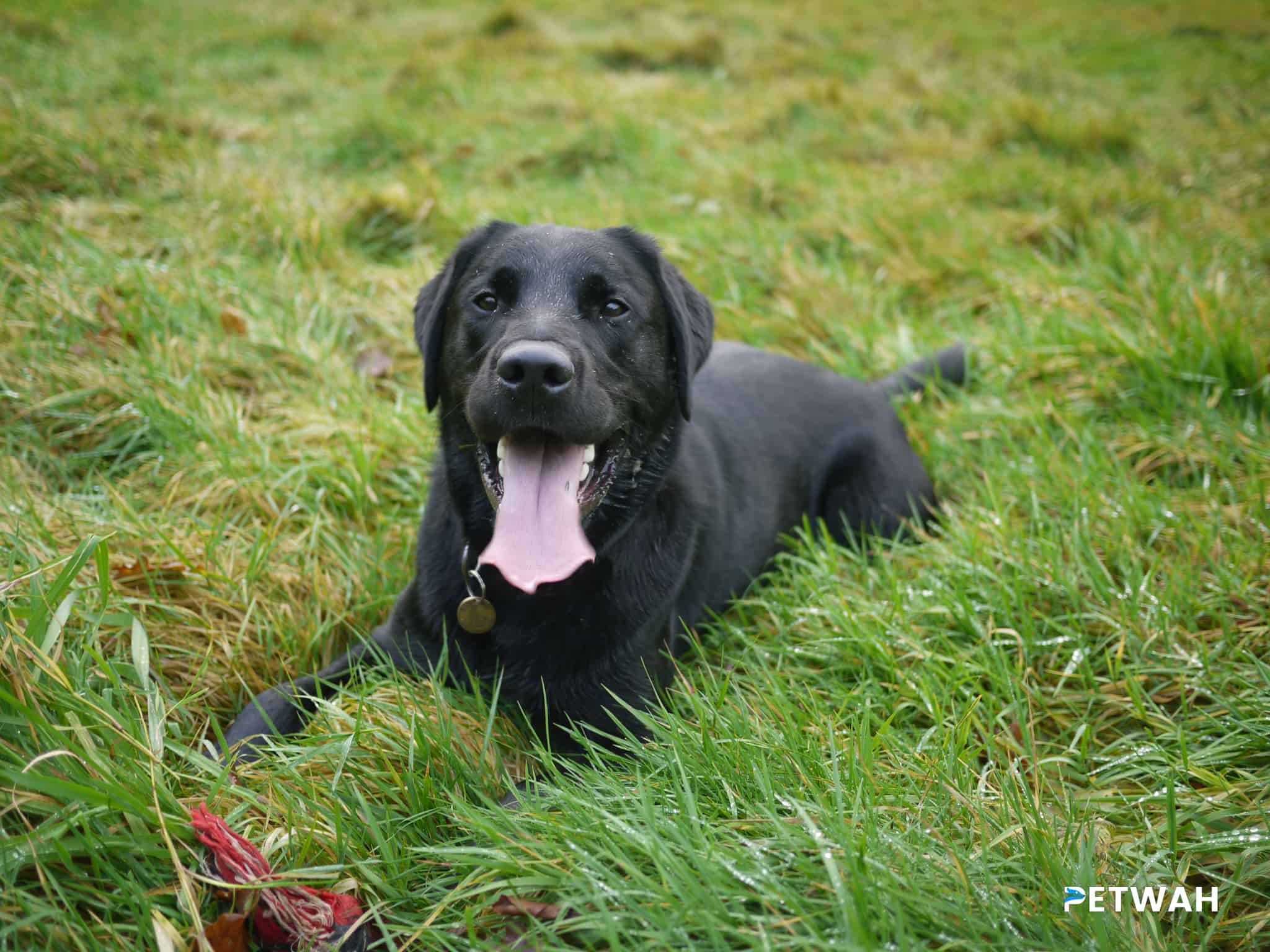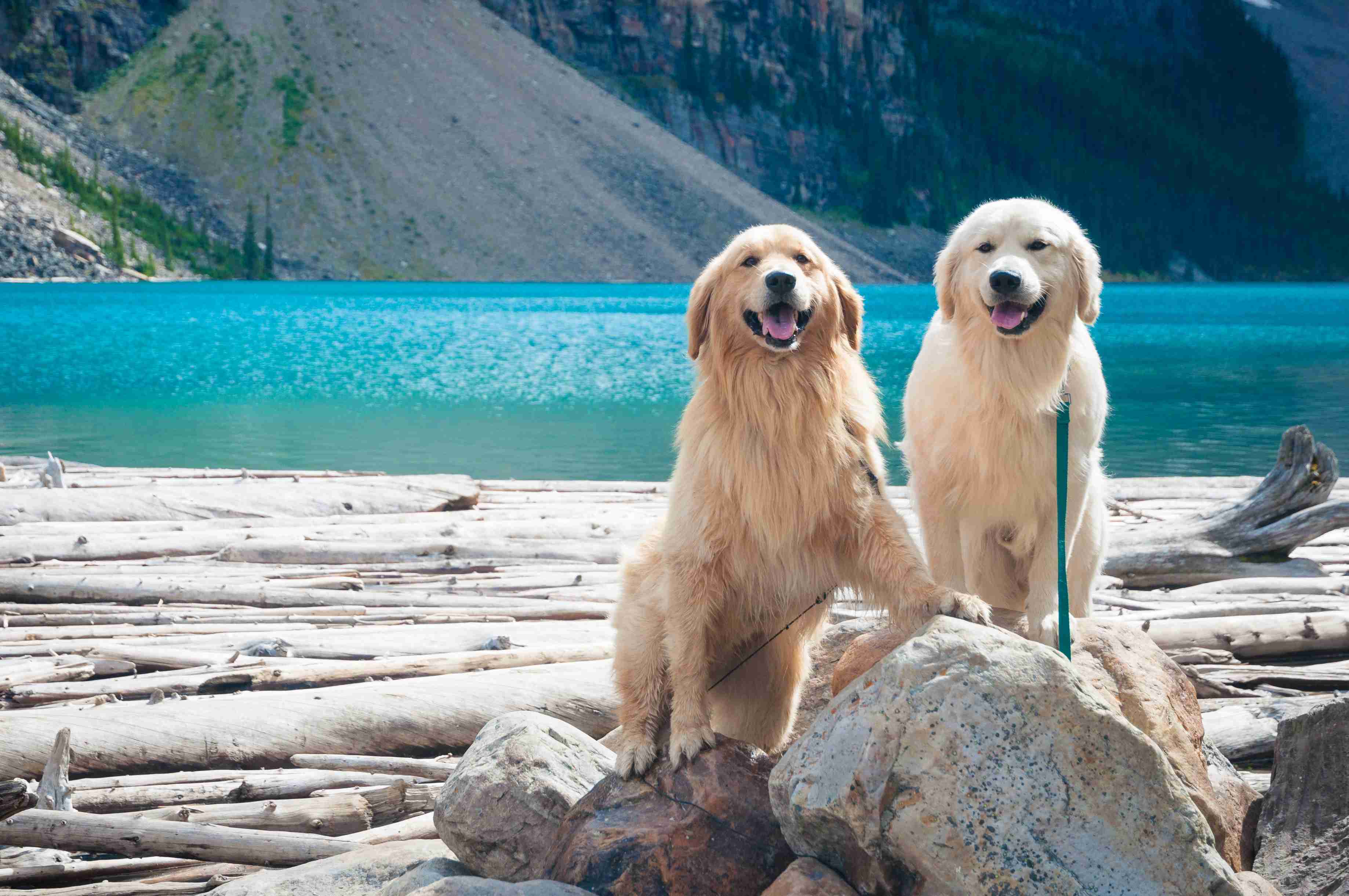Bernese Mountain Dogs are a majestic breed, known for their loyalty, intelligence, and stunning appearance. But did you know that these gentle giants have unique dietary requirements? Proper nutrition is crucial for the overall health and well-being of your Bernese Mountain Dog, and understanding their specific dietary needs can help ensure they live a long, healthy life. In this blog post, we’ll explore the unique dietary requirements of Bernese Mountain Dogs and provide tips on how to fuel your furry friend for optimal health.
Fueling Your Bernese Mountain Dog: Unique Dietary Requirements You Need to Know
Bernese Mountain Dogs, also known as Berners, are large, majestic dogs known for their loyalty, intelligence, and gentle nature. These dogs were originally bred in Switzerland to work on farms as draft dogs, pulling carts and other heavy loads. Today, Berners are popular family pets and companions. However, as with any breed, Bernese Mountain Dogs have unique dietary requirements that owners need to be aware of in order to keep their dog healthy and happy. In this blog post, we’ll discuss the unique dietary requirements of Bernese Mountain Dogs and how to ensure your furry friend is getting the nutrition they need.
Protein Needs
Bernese Mountain Dogs, like other large breeds, have higher protein requirements than smaller breeds. Protein is essential for building and repairing muscles, and Berners need it to maintain their strength and energy levels. A diet high in protein will also help to keep your Berner’s coat healthy and shiny. Look for dog food that has at least 25% protein, and make sure that the protein source is high-quality, such as chicken, turkey, or lamb.
Fat Needs
Bernese Mountain Dogs also need a diet high in fat. Fat is the most concentrated source of energy, and Berners need plenty of energy to support their large size and activity levels. Fats also help to support healthy skin and coat, and aid in the absorption of certain vitamins. Look for dog food that has at least 15% fat, and make sure that the fat source is high-quality, such as chicken fat or fish oil.
Calcium and Phosphorus Needs
 - Copy.png)
Bernese Mountain Dogs are prone to a condition called hip dysplasia, which is a genetic condition that affects the hip joint. Because of this, it’s important to maintain a proper balance of calcium and phosphorus in your Berner’s diet. Calcium is essential for strong bones, while phosphorus helps to regulate the body’s use of calcium. Look for dog food that has a calcium to phosphorus ratio of 1.2:1 to 1.4:1.
Glucosamine and Chondroitin Needs
As previously mentioned, Bernese Mountain Dogs are prone to hip dysplasia and other joint issues. To help support joint health, look for dog food that contains glucosamine and chondroitin. These compounds help to maintain healthy cartilage and joint function. You can also supplement your Berner’s diet with glucosamine and chondroitin supplements.
Fiber Needs
Bernese Mountain Dogs have a tendency to overeat, and can be prone to obesity. To help prevent this, it’s important to feed your Berner a diet high in fiber. Fiber helps to keep your Berner feeling full, which can help to prevent overeating. Look for dog food that contains at least 3% fiber.
Feeding Schedule
Bernese Mountain Dogs are prone to bloat, which is a life-threatening condition that occurs when the stomach fills with gas and twists on itself. To help prevent bloat, it’s important to feed your Berner on a regular schedule, and to avoid feeding them large meals. Instead, divide your Berner’s daily allotment of food into two smaller meals, and avoid feeding them for at least one hour before and after exercise.
Overall, Bernese Mountain Dogs have unique dietary requirements that owners need to be aware of in order to keep their dog healthy and happy. A diet high in protein, fat, and fiber, with a proper balance of calcium and phosphorus, and supplemented with glucosamine and chondroitin, is essential for maintaining your Berner’s health and preventing obesity, hip dysplasia, and bloat. By following these guidelines, you can ensure that your furry friend is getting the nutrition they need to live a long, healthy life.
As a responsible pet owner, it is important to ensure that your Bernese Mountain Dog is well-fed and healthy. By understanding their unique dietary requirements, you can make sure that they are getting the right nutrition to live a long and happy life. Remember to consult your vet and do your own research before making any changes to your dog’s diet. With proper care and attention, you can help your Bernese Mountain Dog thrive and be a happy companion for years to come.


%20-%20Copy.png)
.jpg)
%20-%20Copy.png)


%20-%20Copy.jpg)
%20-%20Copy.jpg)